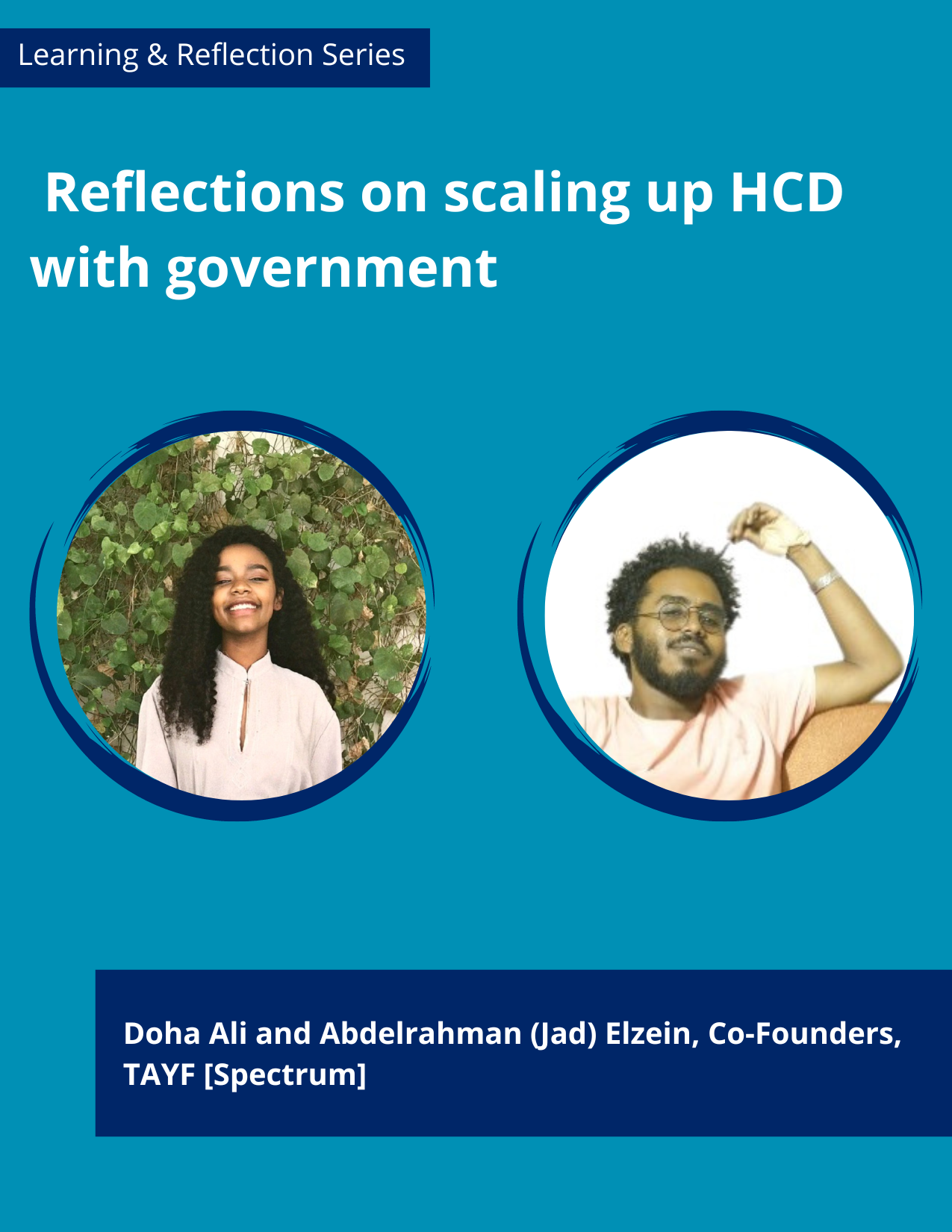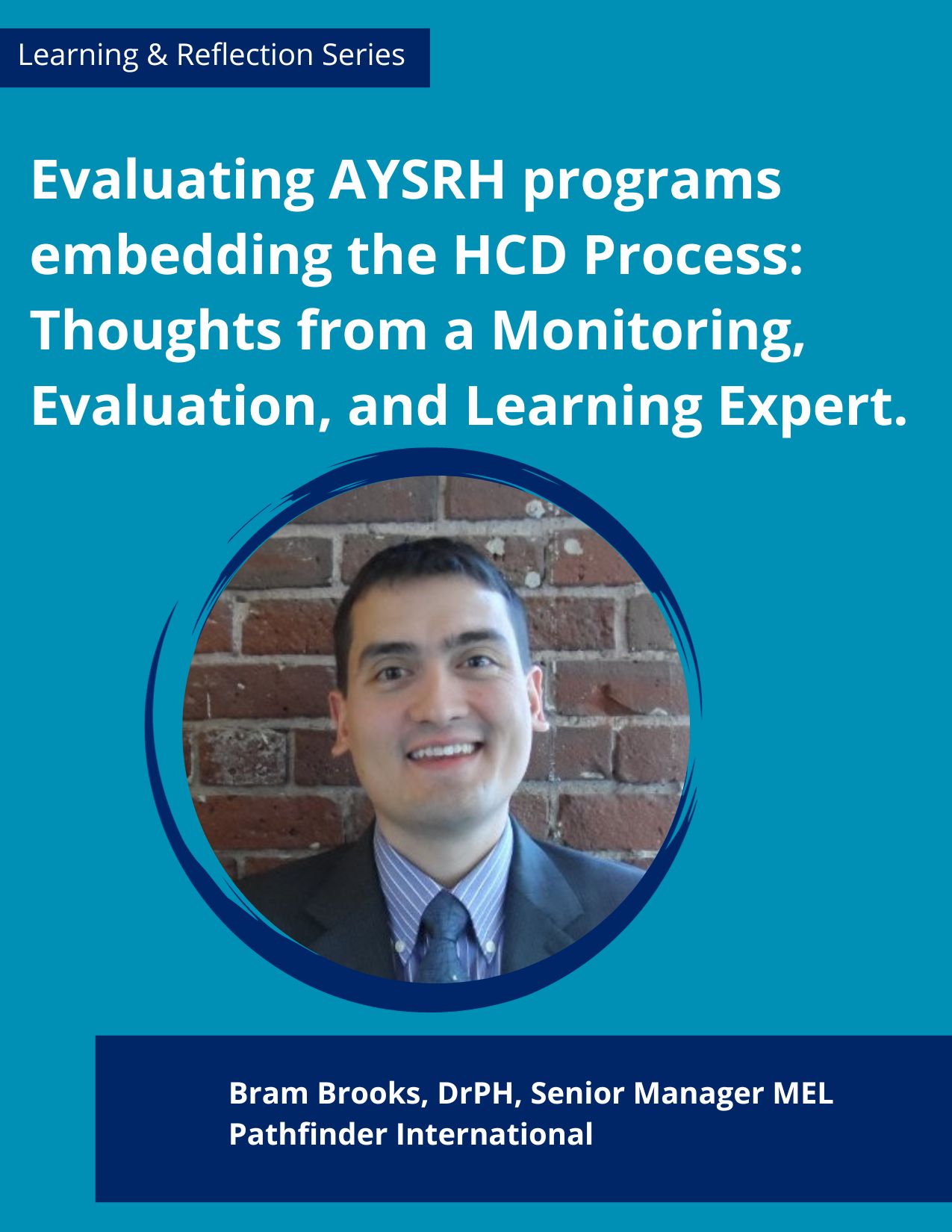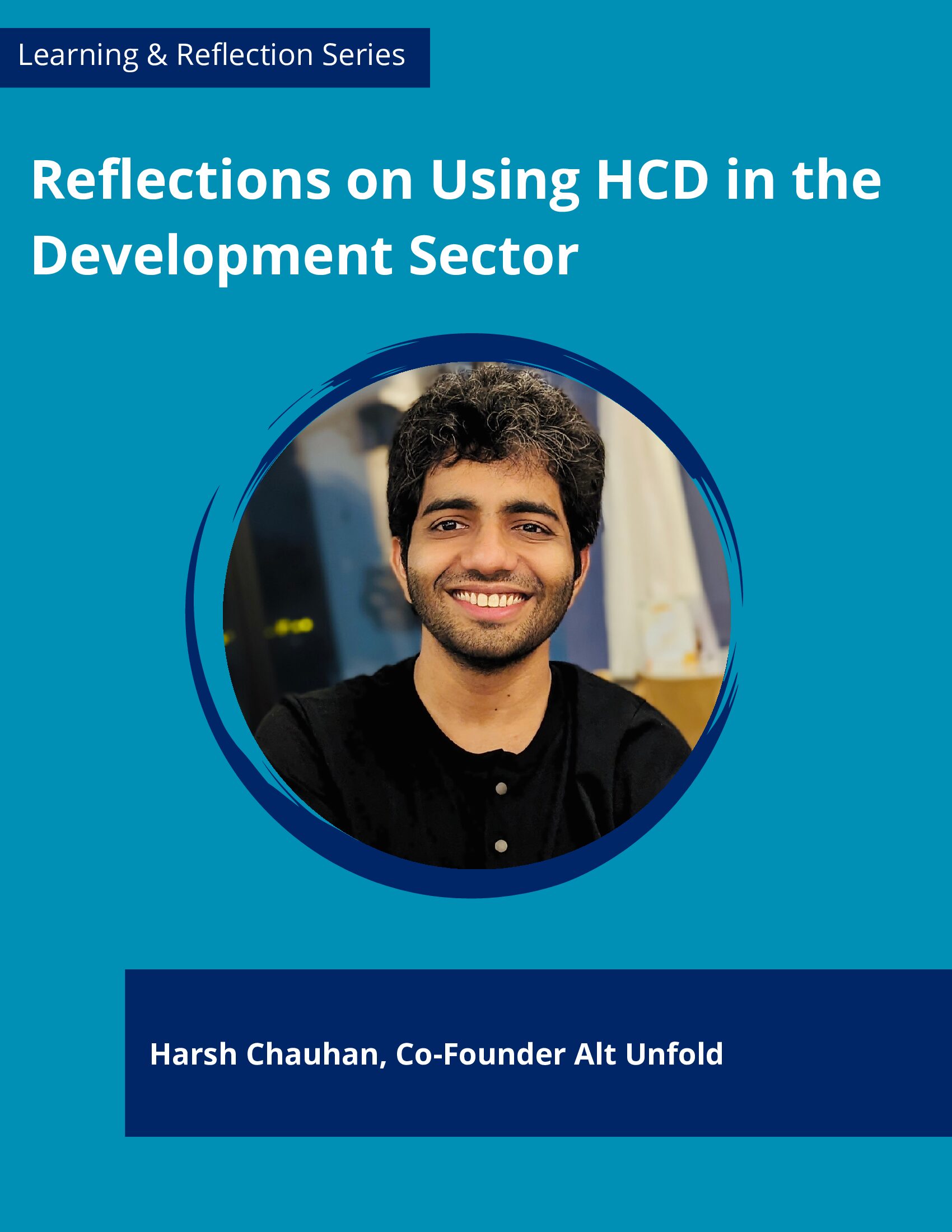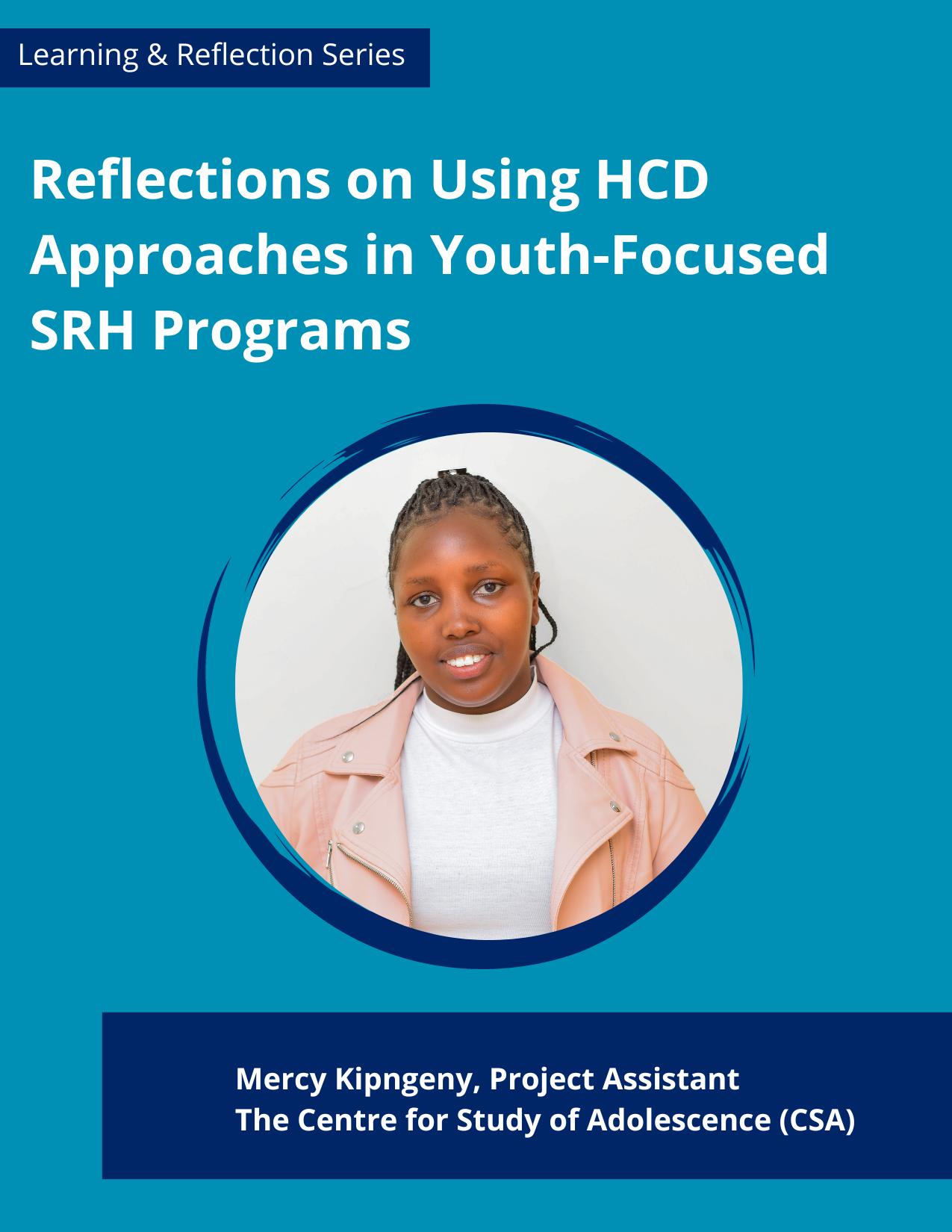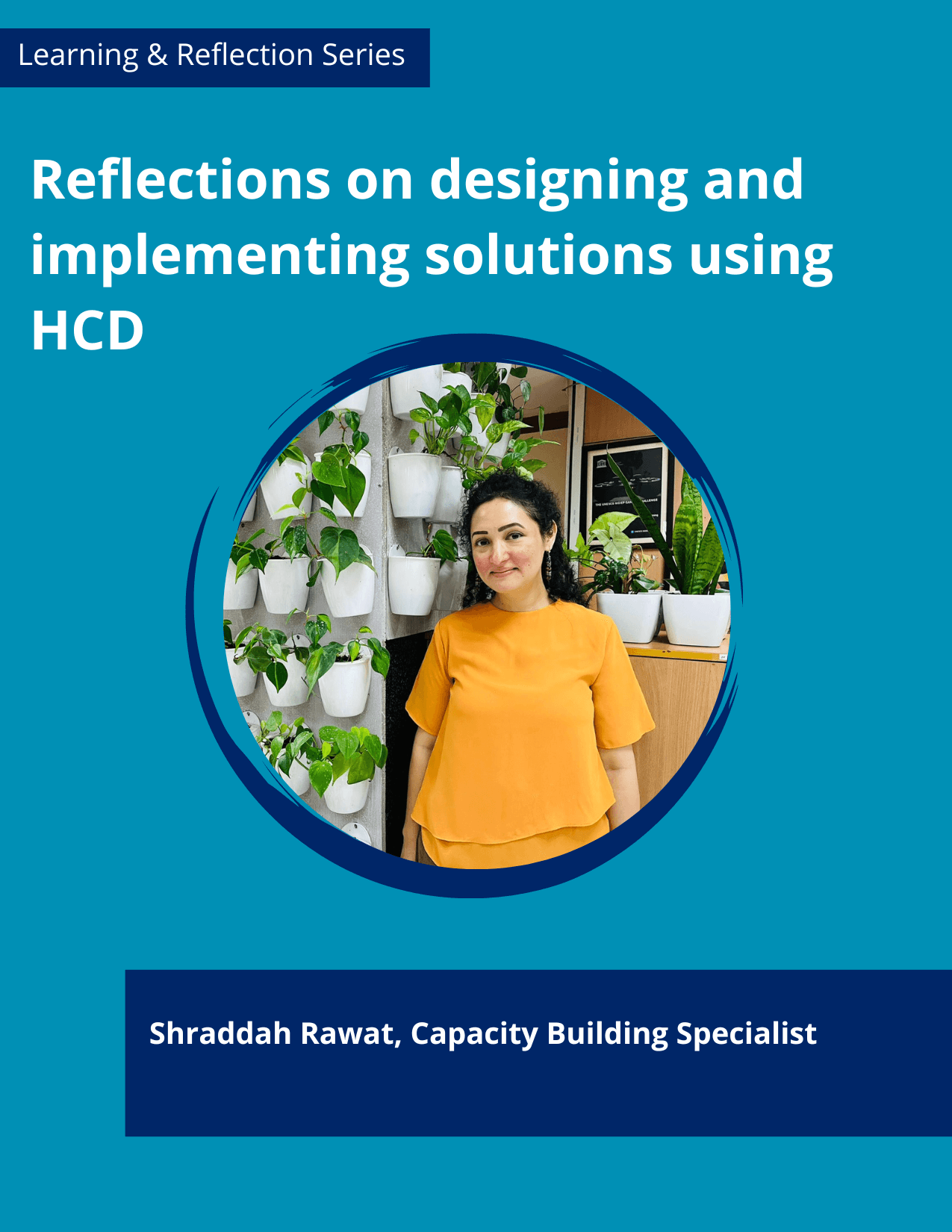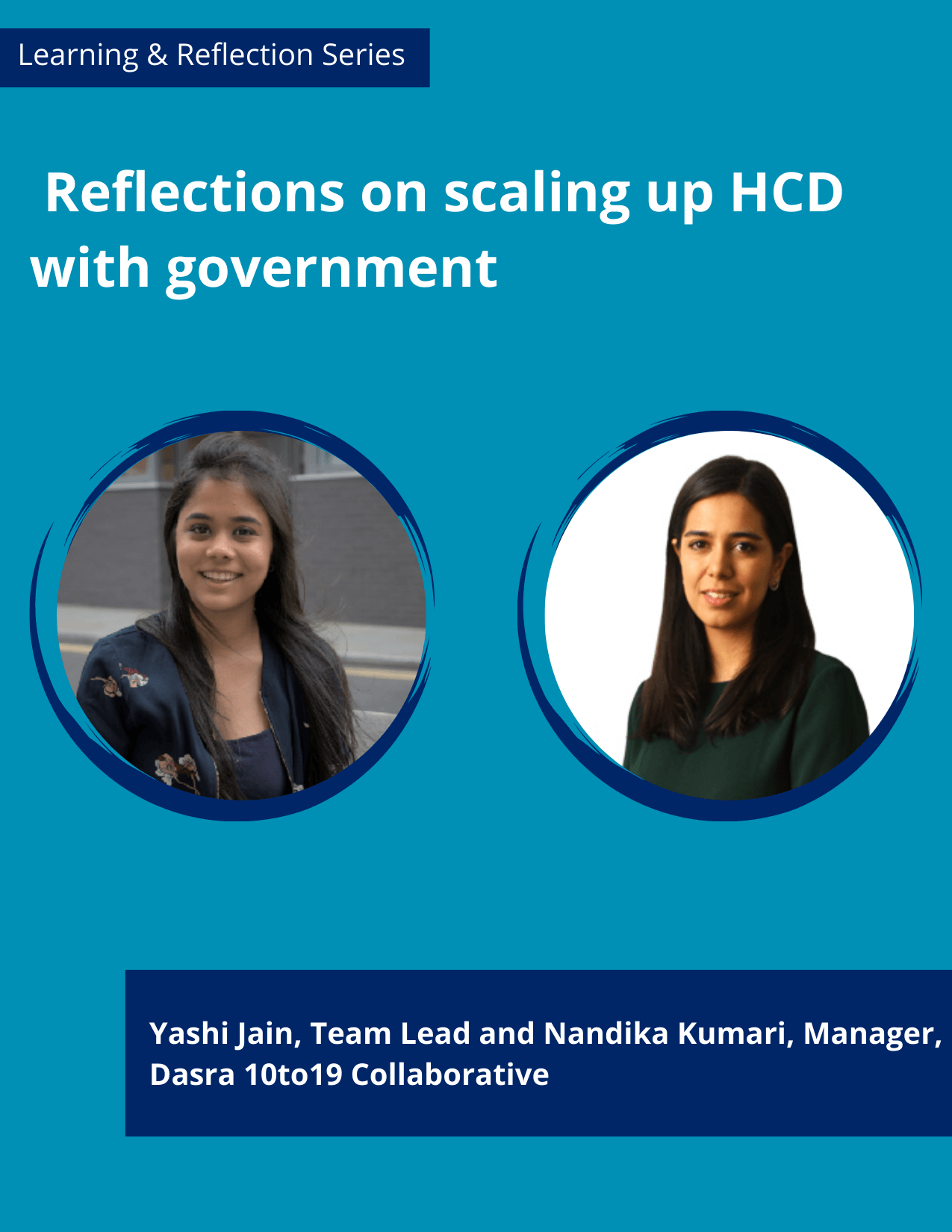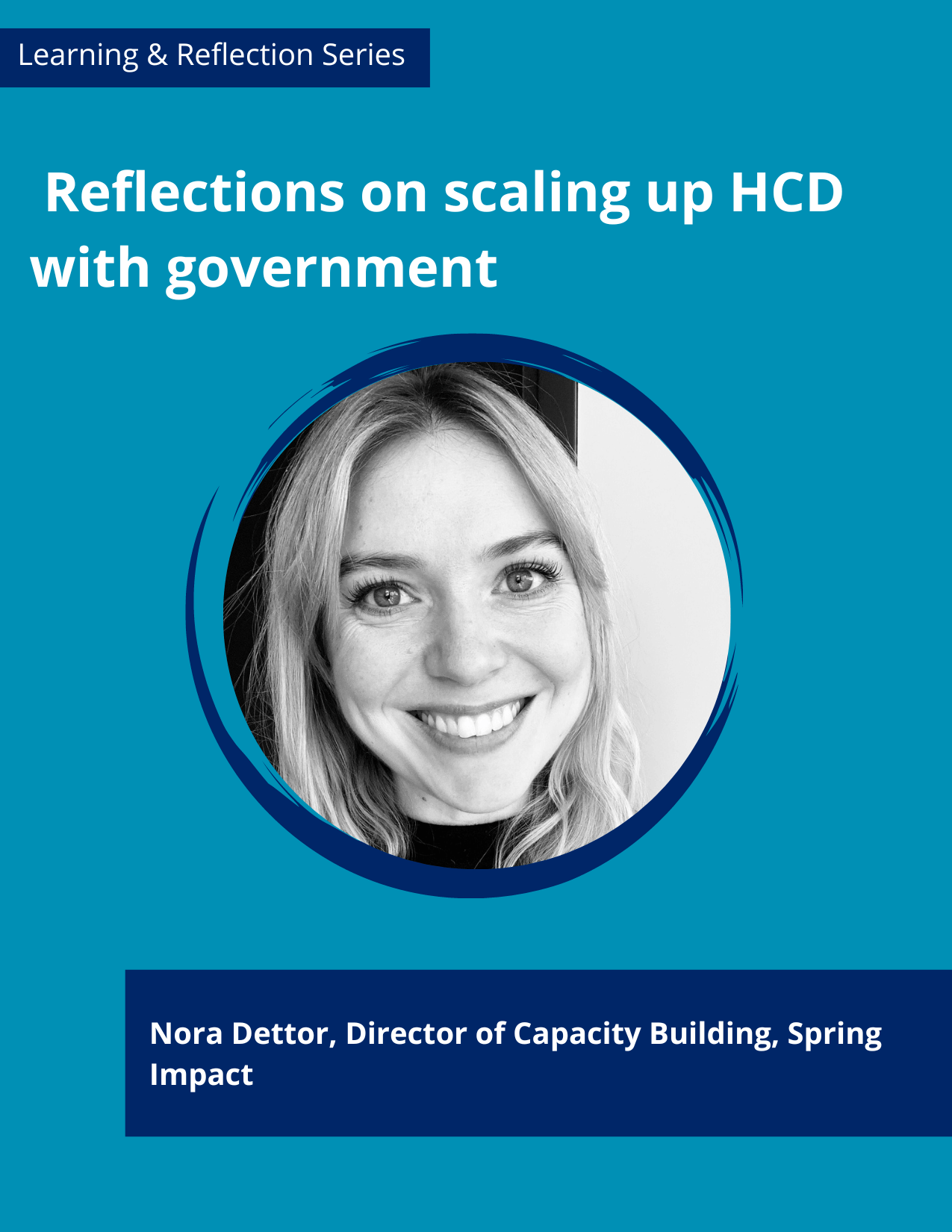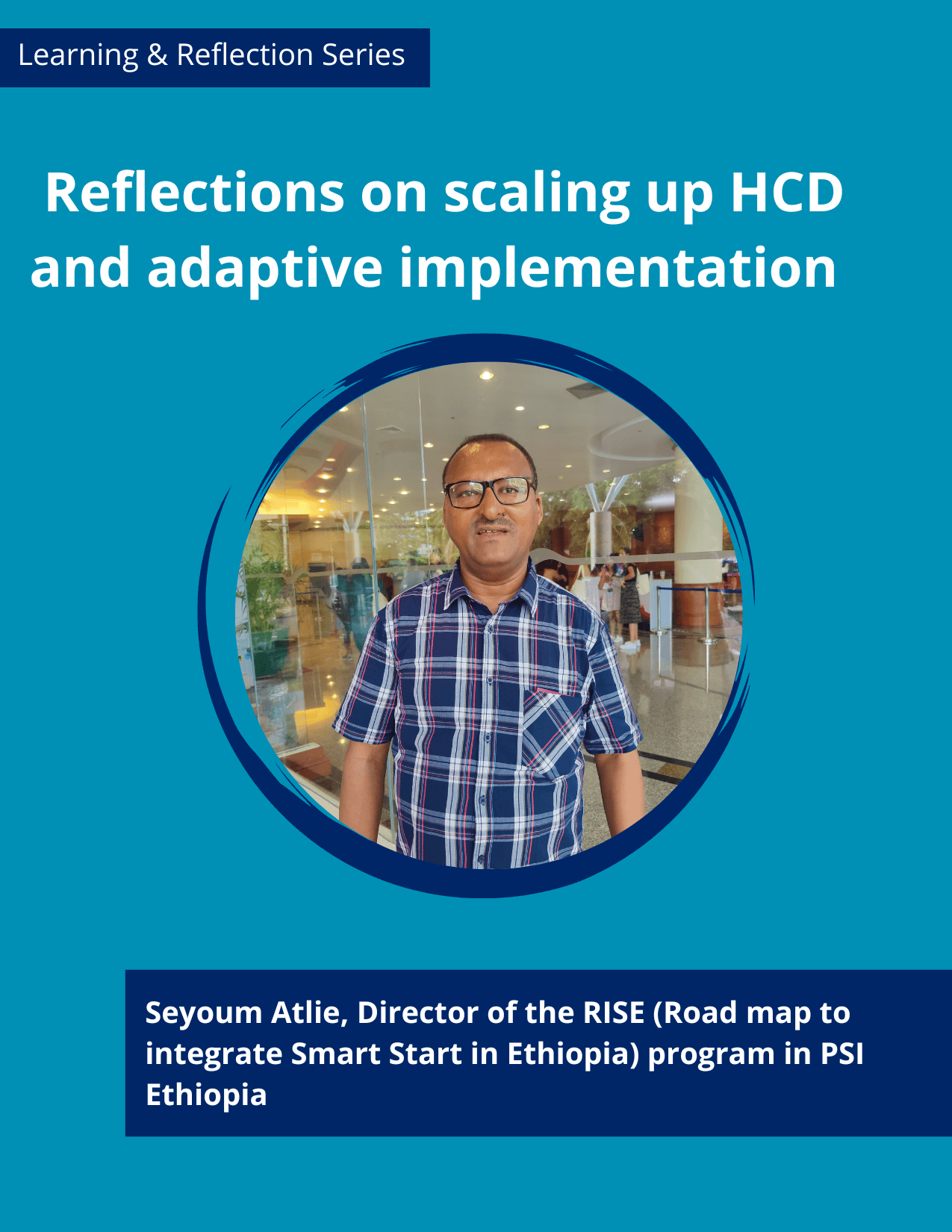Learning and Reflection Session Series
The HCDExchange uses the StoryEngine methodology to capture unfiltered learnings and reflections from practitioners who are working on public health programs developed using HCD approaches. These pieces capture their lived experiences to broaden the base of learning and evidence on the use of HCD in public health
What are Learning and Reflection sessions exactly?
Learning and Reflection sessions are one-to-one in-depth conversations to capture and document learnings, highlights and reflections. These are typically semi-unstructured and exploratory in nature. A unique aspect of these sessions is that the story generated from this conversation is owned by the participant and not by the organization conducting the session. The participant provides consent for the organization or any other organization to use the information for a variety of purposes.
Are they a HCD tool or approach?
Learning and Reflection sessions use the StoryEngine methodology which has been derived from the way in which individual interviews are conducted in HCD research.
Why is HCDExchange running these sessions?
How are reflections usually documented?
Learning and reflection sessions use the storyengine methodology which has a step by step process. That includes:
- Step 1: Schedule your interview with the person you want to interview via email at a time that is convenient for both of you.
- Step 2: Create an unstructured conversation guide to learn from the person about their learnings and reflections.
- Step 3: Ask the participant to review and sign a consent form that gives them information on where the information will be used.
- Step 4: Have the conversation.
- Step 5: Transcribe the conversation and then send it back to the participant to see if they might like to edit it.
- Step 6: Post collaborating on creating the final story, send the participant a consent to publish form.
- Step 7: Publish the story on the website post consent.
Can L&R sessions be used widely in other areas of global health?
L&R Sessions can be used to gather evidence, thoughts, reflections and learnings from practitioners working in all areas of global health. L&R sessions are a good way to capture learnings that often go undocumented and may typically come up in conversation. This will help generate more qualitative information and perspectives from practitioners that might often get lost or overlooked in a field that focuses largely on evidence backed data. While this is not meant to replace evidence backed data – it can provide some context to it and support practitioners with a more anecdotal understanding of some of the evidence backed data.
This is a good opportunity to learn how this tool/approach is used in HCD and share insights and views about your work in the global health sector.
If you are interested in having a learning and reflection session with us please contact us on: community@hcdexchange.org

